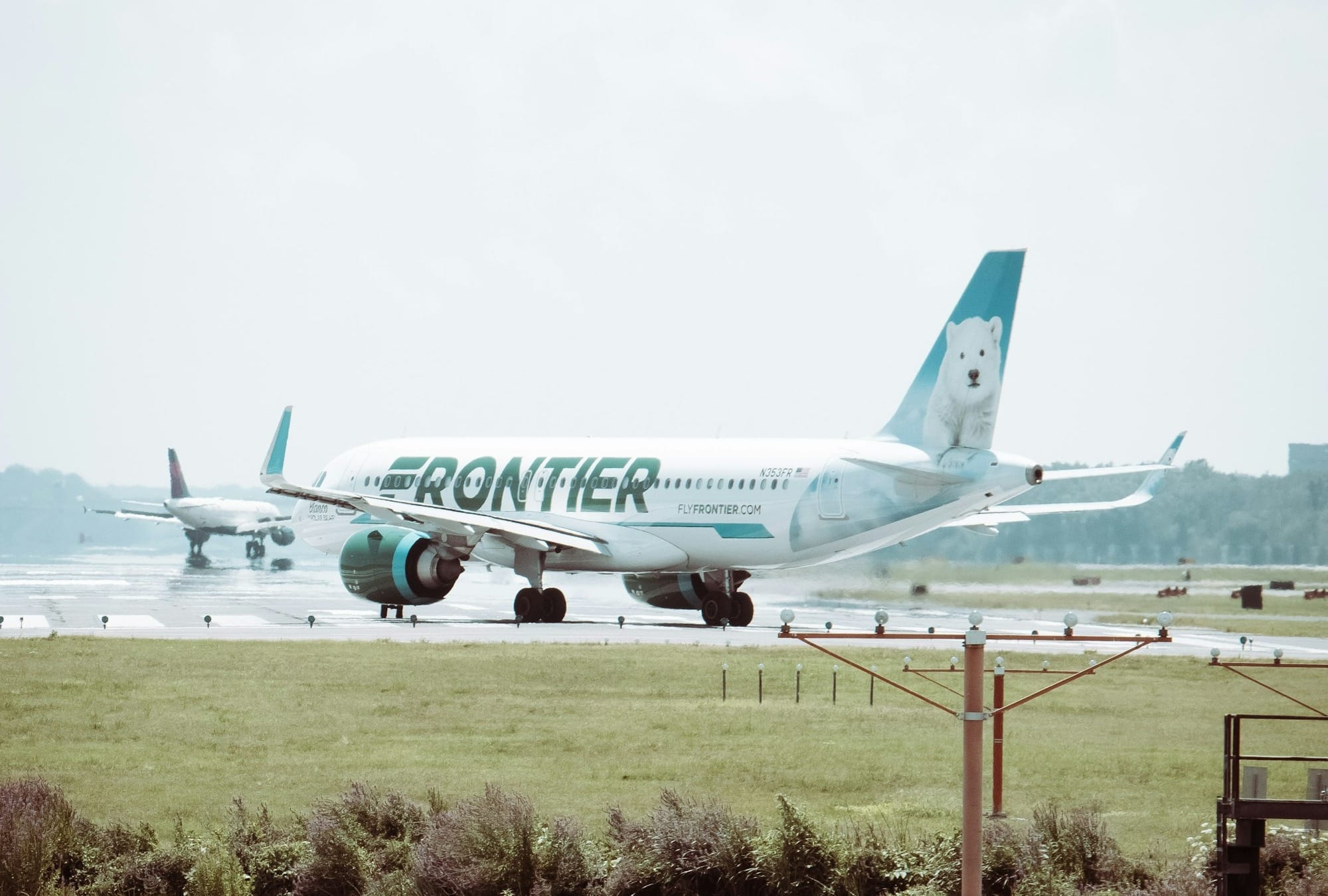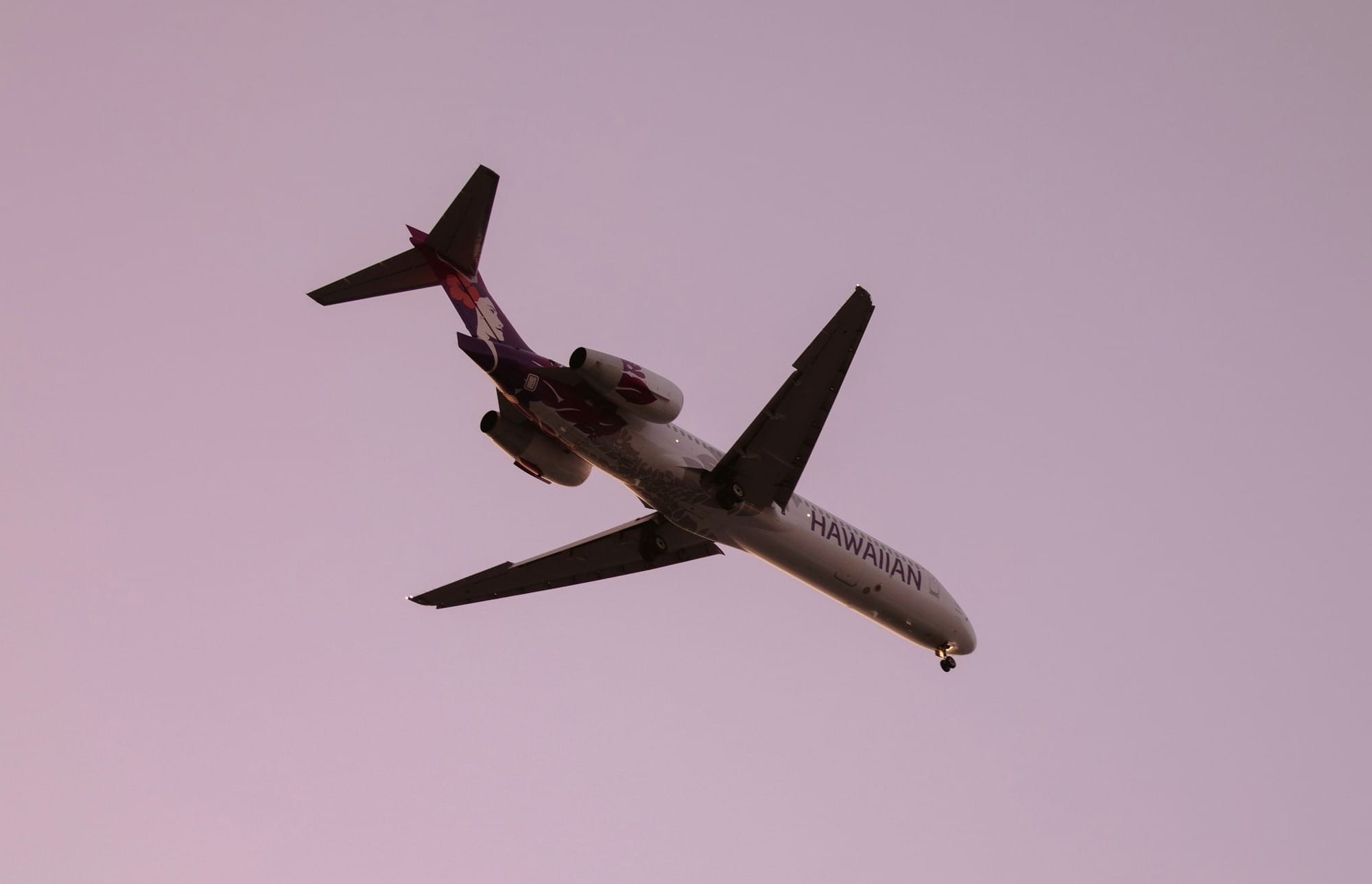Air Canada Soars to Record Revenues in 2024 Despite Profit Headwinds
Air Canada, Canada's flag carrier and largest airline, has released its financial results for the fiscal year 2024, showcasing a year of record-breaking revenues amidst challenging market conditions.


Air Canada Soars to Record Revenues in 2024 Despite Profit Headwinds
Key Takeaways:
- Air Canada achieved record annual revenues of $22.255 billion in 2024
- Net income decreased to $1.720 billion from $2.276 billion in 2023
- The airline transported approximately 47 million passengers in 2024
- Air Canada faces challenges from increased operational costs and market uncertainties
- Strategic initiatives focus on fleet modernization and network expansion
Air Canada, Canada's flag carrier and largest airline, has released its financial results for the fiscal year 2024, showcasing a year of record-breaking revenues amidst challenging market conditions. The airline's performance reflects its resilience and adaptability in a dynamic aviation landscape, as it navigates through post-pandemic recovery and global economic uncertainties.
Record-Breaking Revenues Amid Challenging Conditions
Air Canada reported record annual revenues of $22.255 billion for the fiscal year 2024, marking a 2% increase from the previous year12. This achievement is particularly noteworthy given the airline's 5% increase in capacity compared to 2023, demonstrating its ability to capitalize on growing travel demand1. The fourth quarter of 2024 also saw record operating revenues of $5.404 billion, up 4% year-over-year1.
Michael Rousseau, President and Chief Executive Officer of Air Canada, commented on the results: "We executed our plan, making adjustments where necessary, achieving nearly $3.6 billion in annual adjusted EBITDA and free cash flow of $1.3 billion"2. This statement underscores the airline's strategic agility in responding to market conditions throughout the year.
Profitability Challenges and Cost Pressures
Despite the record revenues, Air Canada faced significant challenges in maintaining profitability. The airline's net income for 2024 decreased to $1.720 billion from $2.276 billion in 2023, representing a 24% decline3. This reduction in profitability can be attributed to several factors, including increased operational costs and a one-time charge related to pension plan amendments.
Operating expenses rose by 7% to $20.992 billion, driven by capacity expansion and increased labor, maintenance, and IT costs3. The fourth quarter of 2024 was particularly impacted by a $490 million one-time charge related to pension plan amendments stemming from the airline's new contract with the Air Line Pilots Association (ALPA)3.
Operational Performance and Passenger Traffic
Air Canada demonstrated strong operational performance in 2024, safely transporting approximately 47 million passengers during the year12. This achievement highlights the airline's commitment to safety and customer service, even as it expanded its operations and navigated through various challenges.
The airline reported an eight-percentage-point gain in on-time performance compared to 2023, indicating improvements in operational efficiency and reliability1. This enhancement in punctuality is crucial for customer satisfaction and operational cost management in the highly competitive airline industry.

Strategic Initiatives and Future Outlook
Air Canada's 2024 results reflect its ongoing strategic initiatives aimed at strengthening its market position and preparing for future growth. Key aspects of these initiatives include:
Fleet Modernization
The airline is actively modernizing its fleet to improve efficiency and reduce operating costs. Plans include acquiring 90 new aircraft between 2024 and 2029, comprising 30 Airbus A321XLR, 27 Airbus A220, 18 Boeing 787-10, and 12 Boeing 737 MAX aircraft. Additionally, Air Canada ordered five more Airbus A220-300 aircraft, bringing its total firm orders for the type to 65.
Network Expansion
Air Canada continued to expand its network in 2024, launching new long-haul routes such as direct flights between Vancouver and Singapore. The airline also announced plans for additional routes to Manila, Prague, and Naples, demonstrating its commitment to enhancing its global connectivity.
Customer Experience Enhancement
Investing in customer experience remains a priority for Air Canada. The airline plans to invest about C$1 billion in fleet enhancements through 2028, including the introduction of free Wi-Fi starting in May 2025. These investments aim to maintain Air Canada's competitive edge in the premium travel market.
Financial Management
Air Canada demonstrated prudent financial management in 2024, completing a share repurchase program that saw the airline buy back for cancellation over 20 million shares in 2024 and over 15 million more in early 20252. This initiative reflects the company's confidence in its financial position and commitment to delivering value to shareholders.
Market Position and Competitive Landscape
Air Canada maintained its dominant position in the Canadian domestic market in 2024, holding a 44% share of domestic seat capacity. However, the airline faces increasing competition from both established carriers like WestJet (29% market share) and emerging players such as Porter Airlines (11% market share) and Flair Airlines (6% market share)4.
The evolving competitive landscape in the Canadian aviation market presents both challenges and opportunities for Air Canada. While maintaining its market leadership, the airline must continue to innovate and adapt to changing consumer preferences and market dynamics.
Future Growth Prospects and Targets
Looking ahead, Air Canada has set ambitious growth targets for the coming years. The airline aims to reach C$30 billion in annual revenue by 2028, representing a significant increase from the C$22 billion achieved in 20243. This growth strategy is underpinned by projected ASM (Available Seat Mile) growth of 5-6% per annum from 2024 to 20286.
Air Canada also expects to achieve an adjusted EBITDA margin of at least 17% by 2028, indicating a focus on improving profitability alongside revenue growth3. These targets reflect the airline's confidence in its long-term strategy and ability to capitalize on market opportunities.
Challenges and Risk Factors
While Air Canada's 2024 results demonstrate resilience and strategic execution, the airline faces several challenges and risk factors that could impact its future performance:
- Fuel price fluctuations: As a significant component of operating costs, volatile fuel prices can have a substantial impact on profitability.
- Economic conditions: Global and regional economic uncertainties can affect travel demand and consumer spending patterns.
- Geopolitical uncertainties: International tensions and conflicts can disrupt air travel and impact route profitability.
- Competitive pressures: Increasing competition in the Canadian aviation market may put pressure on yields and market share.
- Regulatory environment: Changes in aviation regulations, environmental policies, and labor laws can affect operational costs and strategic planning.
Conclusion
Air Canada's fiscal year 2024 results paint a picture of an airline successfully navigating through a complex and challenging operating environment. The achievement of record revenues demonstrates the carrier's strong market position and ability to capitalize on recovering travel demand. However, the decline in profitability highlights the ongoing challenges faced by the aviation industry, including rising costs and market uncertainties.
As Air Canada looks to the future, its focus on fleet modernization, network expansion, and customer experience enhancement positions the airline to capitalize on growth opportunities and maintain its leadership in the Canadian aviation market. The company's ambitious targets for 2028 reflect confidence in its long-term strategy and ability to adapt to changing market conditions.
For investors, customers, and industry observers, Air Canada's performance in 2024 and its outlook for the future provide valuable insights into the state of the aviation industry and the strategies being employed by major carriers to succeed in a post-pandemic world.
Q&A Section
- Q: What was Air Canada's total revenue for fiscal year 2024?
A: Air Canada reported record annual revenues of $22.255 billion for fiscal year 2024. - Q: How many passengers did Air Canada transport in 2024?
A: Air Canada safely transported approximately 47 million passengers during the year 2024. - Q: What is Air Canada's market share in the Canadian domestic market?
A: According to the most recent data, Air Canada held a 44% share of domestic seat capacity in 2024. - Q: What are Air Canada's revenue targets for 2028?
A: Air Canada aims to reach C$30 billion in annual revenue by 2028. - Q: How many new aircraft does Air Canada plan to acquire between 2024 and 2029?
A: Air Canada plans to acquire 90 new aircraft between 2024 and 2029, including various models from Airbus and Boeing.
Keywords: Air Canada financial results, record revenues, airline profitability, Canadian aviation market, fleet modernization, network expansion, passenger traffic, operational performance, aviation industry challenges
Hashtags: #AirCanada #AviationIndustry #FinancialResults #AirlinePerformance #TravelIndustry #CanadianAviation #FleetModernization #NetworkExpansion
Citations:
- https://www.travelweek.ca/news/airlines/air-canada-posts-record-setting-results-for-q4-fy-2024/
- https://www.newswire.ca/news-releases/air-canada-reports-fourth-quarter-and-full-year-2024-financial-results-803470154.html
- https://www.airwaysmag.com/new-post/air-canada-q4-fy-2024-financial-results
- https://www.oag.com/air-canada-performance-stats
- https://www.facebook.com/airwaysmagazine/posts/air-canada-sees-record-revenues-in-2024-despite-increased-operational-costs-and-/942884571347715/
- https://aircanada.investorroom.com/download/Investor+Day+2024.pdf
- https://x.com/airwaysmagazine/status/1890427269719396696
- https://simpleflying.com/air-canada-reports-record-223-billion-revenue-for-2024/
- https://www.perplexity.ai/finance/AC.TO





